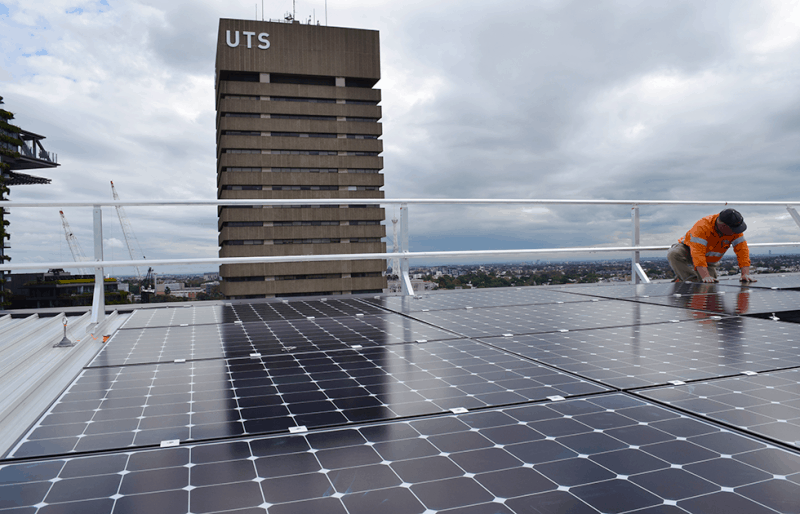The $25m Berri Solar Farm is going to be sold by the Riverland council for a firm to take over the development due to a customer pulling out of a PPA (Power Purchasing Agreement).
Berri Solar Farm to be sold by the Riverland Council
Chief Executive of Berri Barmera, Karyn Burton, said the catalyst for the decision to sell the Berri solar farm was due to a major client pulling out of a Power Purchasing Agreement (PPA) due to being sold to another company.
The farm was approved by the Riverland Regional Development Assessment Panel back in 2017 but construction work hasn’t commenced yet. The council also won a $5 million grant as part of the State Local Government Infrastructure Partnership for the build.
“That was in the mix until June, when they advised (the) council they were going to seek opportunities elsewhere,” Ms Burton said.
“They’d been taken over by a global group and they were looking at their energy needs on a global basis.”
Ms Burton continued to discuss the way the government would like to look at the
“We’ll sell it as a shovel-ready project,” Ms Burton said.
“Councils are quite risk adverse – they won’t risk going into the market where prices for power fluctuate, not giving us that assurance that we’d cover that as a stand-alone business.
“Whereas there are other solar players out there would be able to do that.”
Mayor Peter Hunt said “despite putting in our best effort to deliver a great project for Council, Accolade Wines and the Community, the timing and justification to continue with the project was simply not right in the end. Accolade Wines was bought by new owners in 2018 and in terms of energy procurement and use, they are considering a number of options. We needed an answer and in this case they made it clear that they could not commit further to the project. The upside is we have fielded several enquiries to buy the project including lease rights to the old Racecourse site. We have expert advice that the project has strong commercial value and that is why we have decided to call for expressions of interest from parties seeking to buy the intellectual property and development rights.”
The council has called for expressions of interest in parties interested in buying the project, until September 27.
Read the article on the Berri Barmera Council website ‘Solar Farm Project to be Sold‘ if you’d like to learn more about the next steps for the Berri Solar Farm.




